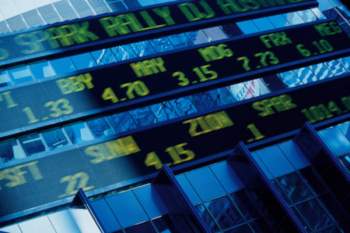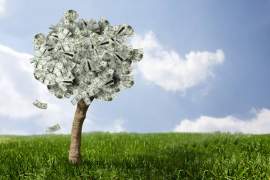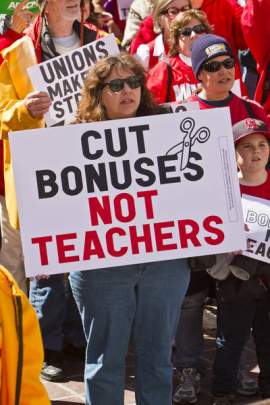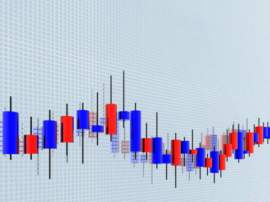
Stock Market Crash Facts

What is a Stock Market Crash?
A stock market crash refers to any dramatic and excessive decline of stock prices across a significant section of the stock market. Such a precipitous drop contains numerous negative externalities that are tied into the significant loss of paper wealth.A Stock market crashmay be fueled by an assortment of economic factors such as the collapse of the credit market, hyperinflation, the ‘bursting of a bubble’ (housing or .com for example), a global event (such as a terrorist attack), sharp fluctuations in the prices of commodities, failed or a lack of regulations, etc.
What Fuels a Stock Market Crash?
Although an event (such as the ones described earlier) is typically needed to cause a precipitous drop in the prices of stock, panic among investors is the primary characteristic to fuel a stock market crash. When investors follow a herd mentality by executing mass-sales (typically executed when confidence is low or individuals are fearful of losing their wealth) the prices of stock invariably tumble. Such an event sparked the Great Depression, where the majority of investors (due to a lack of information and over exposure to the markets) all sold their positions with reckless abandon.
Some economists describe a stock market crash as social phenomena where external economic events combine with crowd psychology to negatively affect the macro-economy. Typically, stock market crashes take place following these conditions: a prolonged period of rising stock prices and excessive investment into the market generated by an overwhelming sense of economic optimism, a market where price to equity rations exceed long-term averages, or when extensive use of debt is used by market participants.
There is no numerically significant decline that is needed to define the presence of a stock market crash; however, the term is typically attached to economies that experience double-digit percentage losses in a given stock market index over a period of several days or weeks. Stock market crashes are distinguished from bear markets or common recessions based on the severity of decline experienced.
Bear markers are defined as periods of steady declines in the prices of stock that take place over months or years; as a result of the extended length, bear markets and stock market crashes, although portray a significant decline in the price of stocks, are not held synonymously.


















